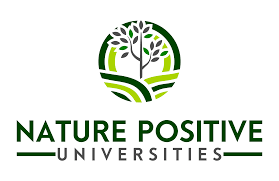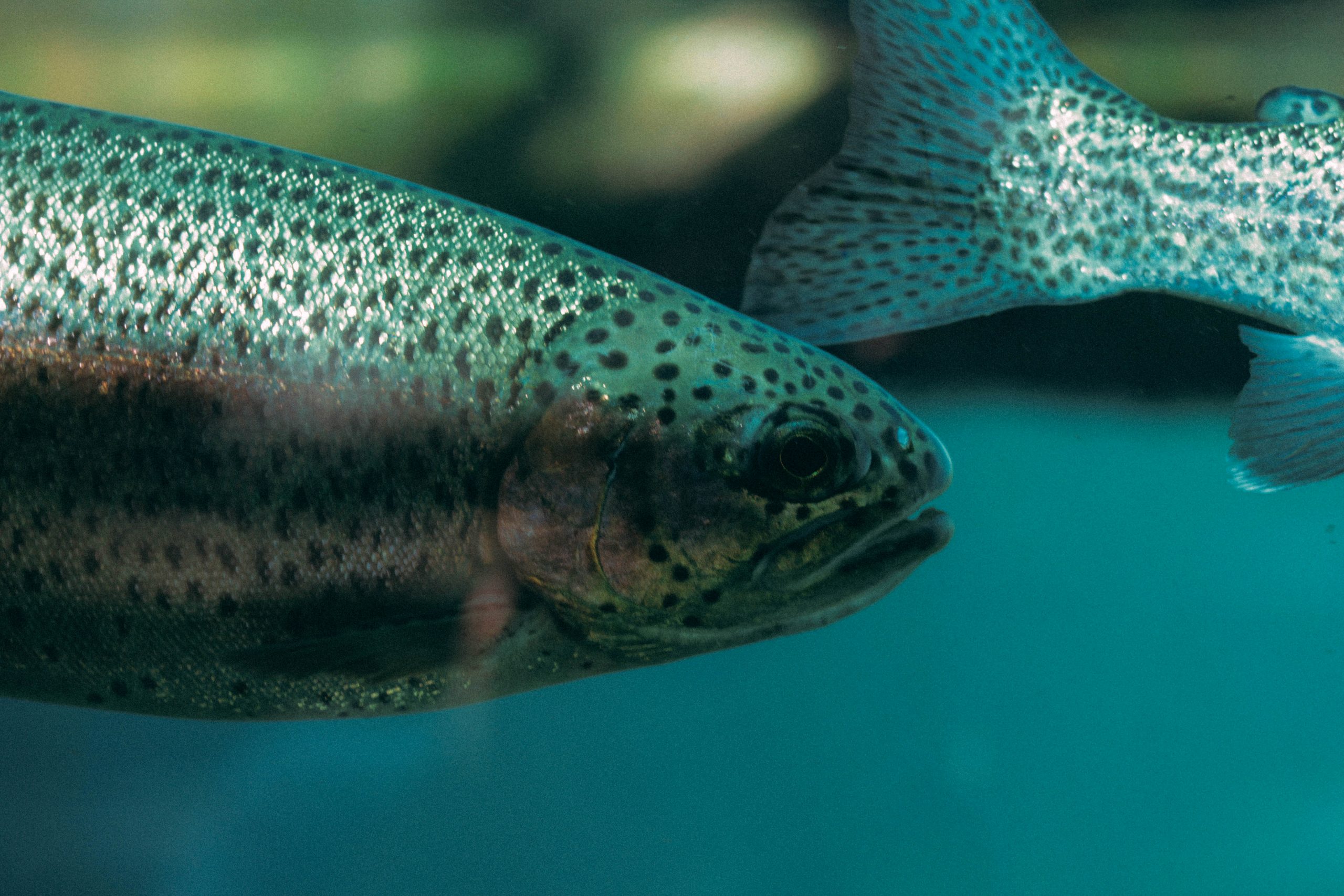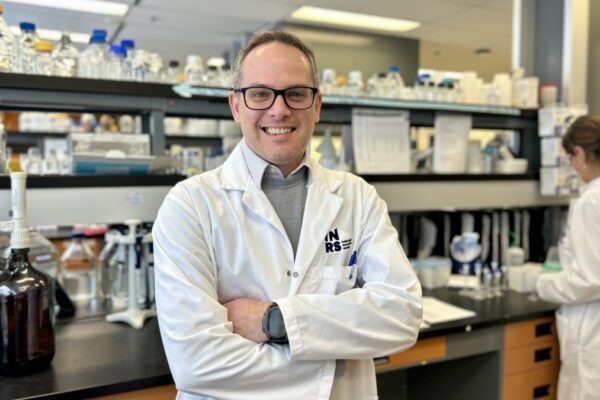- Research
- Science and Society
INRS signs the Nature Positive Pledge and acknowledges its responsibility for biodiversity conservation.

Among other things, the pledge requires universities to conduct a baseline assessment and set attainable and quantifiable targets for the preservation and enhancement of natural environments. CASEY HORNER, UNSPLASH
The Institut national de la recherche scientifique (INRS) joins forces with ten Quebec universities in signing the Nature Positive Pledge, becoming one of the founding institutions of this international movement that brings together 117 educational and research institutions worldwide.

Initiated by the United Nations Environment Programme (UNEP) and Oxford University, the Nature Positive Universities Alliance allows signatory universities to recognize the essential role of educational and research institutions in the fight to halt biodiversity loss and for ecological restoration and enhancement.
By joining the movement, Québec universities are also affirming that they have a responsibility to address the biodiversity crisis and, more importantly, that they are part of the solution.

“With this initiative, INRS is committed to analyzing the effects of its future projects on ecosystems. As a place of creation and dissemination of knowledge, we have a role to play in the training of a new generation of committed and equipped citizens. This is what will allow us to face the environmental challenges of today and tomorrow.”
— Luc-Alain Giraldeau, Chief Executive Officer of INRS
Among other things, the pledge requires universities to conduct a baseline assessment and set attainable and quantifiable targets for the preservation and enhancement of natural environments. Members are also required to implement actions to achieve these targets and use their influence to achieve them, and to report annually on their progress.
Concrete actions to meet a global challenge
As an educational and research institution, INRS can act on several fronts to protect the planet and provide quality living environments for the citizens of the world, as well as for future generations. INRS has put in place a sustainable development action plan to pursue its mission and adopt a responsible approach to biodiversity.
As part of the “No Mow May” movement, INRS delays lawn mowing on its premises to provide a diversity of flowers for pollinating insects and other species. In addition, no pesticides or herbicides are used. INRS has also conducted several tree and shrub surveys on its grounds, particularly in Laval, which is full of rare and mature species, and some 60 trees were planted in the past year. Whether it’s through development planning and operations, teaching and research, partnerships or mobilization and raising awareness in their communities, universities can take the lead.

By joining forces, INRS, École de technologie supérieure, HEC Montréal, Polytechnique Montréal, Université de Montréal, Université de Sherbrooke, Université du Québec à Montréal, Université du Québec à Trois-Rivières, Université du Québec en Outaouais, Université Laval and McGill University illustrate the need to act in a concerted manner in the face of this societal issue.
Research supporting biodiversity
In the coming years, considering the close link between the crisis of biodiversity loss and climate change, areas of distribution of the species will be particularly affected. Given that Quebec universities are located at the northern limit of the range of several American species, they have an important role to play in protecting ecological habitats and their connectivity in order to facilitate the adaptation of biodiversity to this new reality.
By committing to the Nature Positive movement, INRS and Québec universities are committed to making a positive contribution to biological diversity by working together and mobilizing their knowledge for the benefit of the greatest number of people. This collective action will contribute to the achievement of the UN Sustainable Development Goals (SDGs) by 2030.

“INRS owes its commitment to protecting biodiversity to the valuable work of its professors and students, who continue to innovate in research and training for the well-being of communities and the protection of the environment.”
— Claude Guertin, Scientific Director of INRS and a researcher in microbial ecology and entomology
In conjunction with COP15, INRS is co-organizing with ÉTS and Université de Montréal, a conference on the role of universities in preserving biodiversity on December 13 and 14, 2022. During the first part of the conference, speakers from Québec universities will present ways in which their institutions manage their operations to preserve and enhance ecological environments. The second part will focus on research and training: professors will explain how their research contributes to the study, preservation, and enhancement of biodiversity.
Co-directed by professor and researcher Valérie Langlois, the innovative pan-Canadian research project iTrackDNA is developing analysis kits to identify species across Canada. These kits use environmental DNA (eDNA) collected in a natural environment. This genetic material would make it possible to better characterize the populations of rare species that move over great distances, such as caribou or wolverine, either because they are important to First Nations or because they are invasive.







